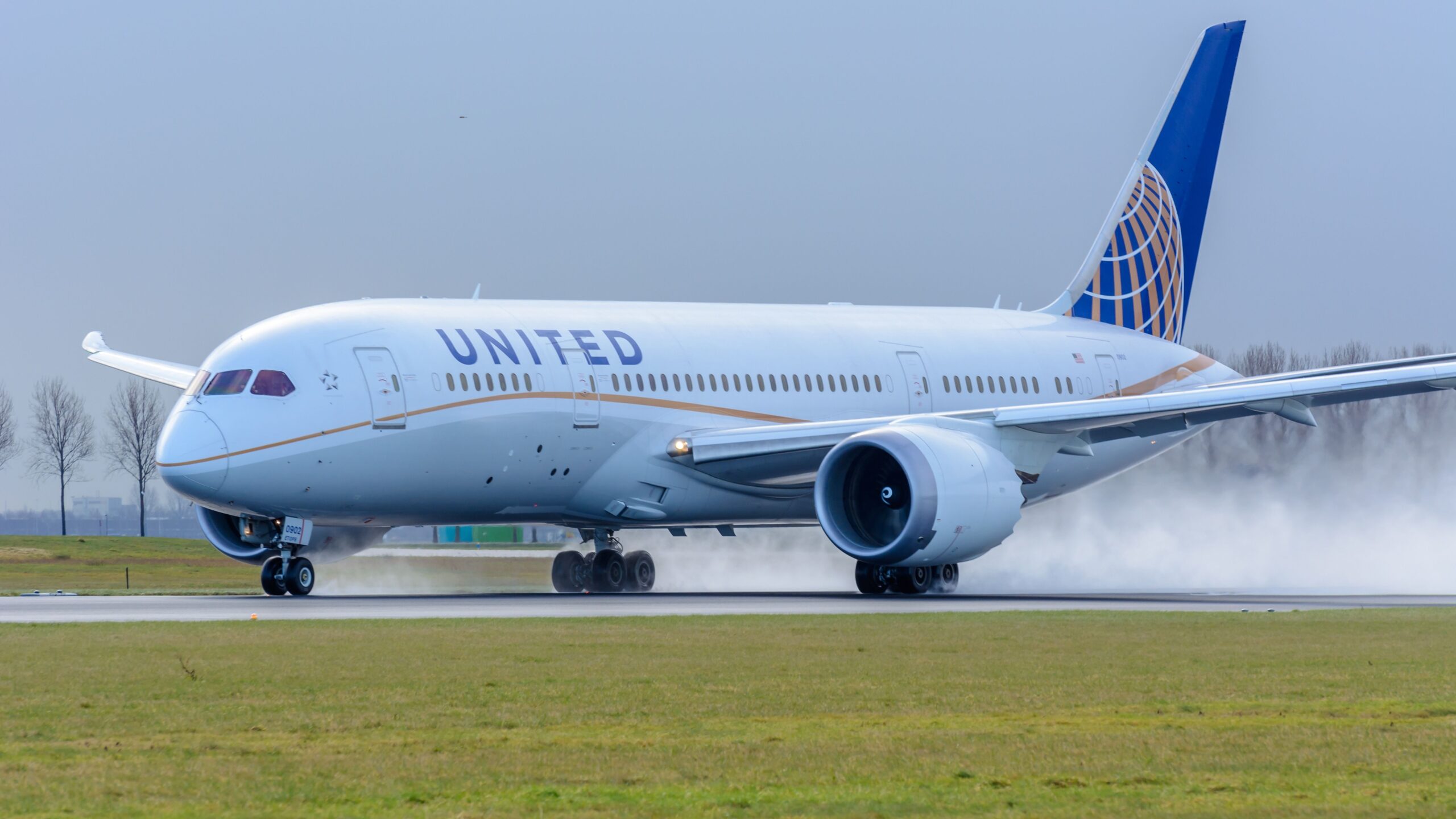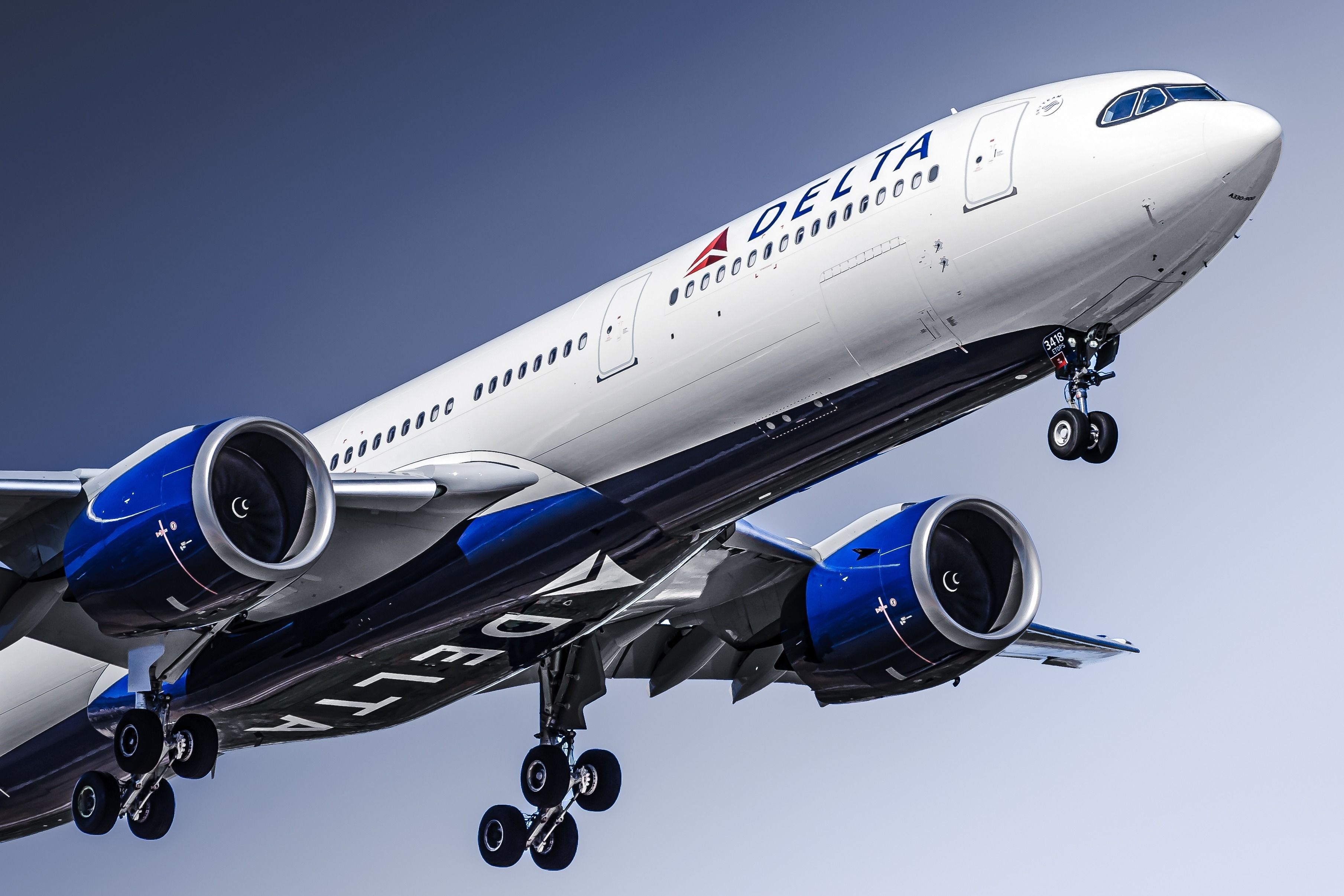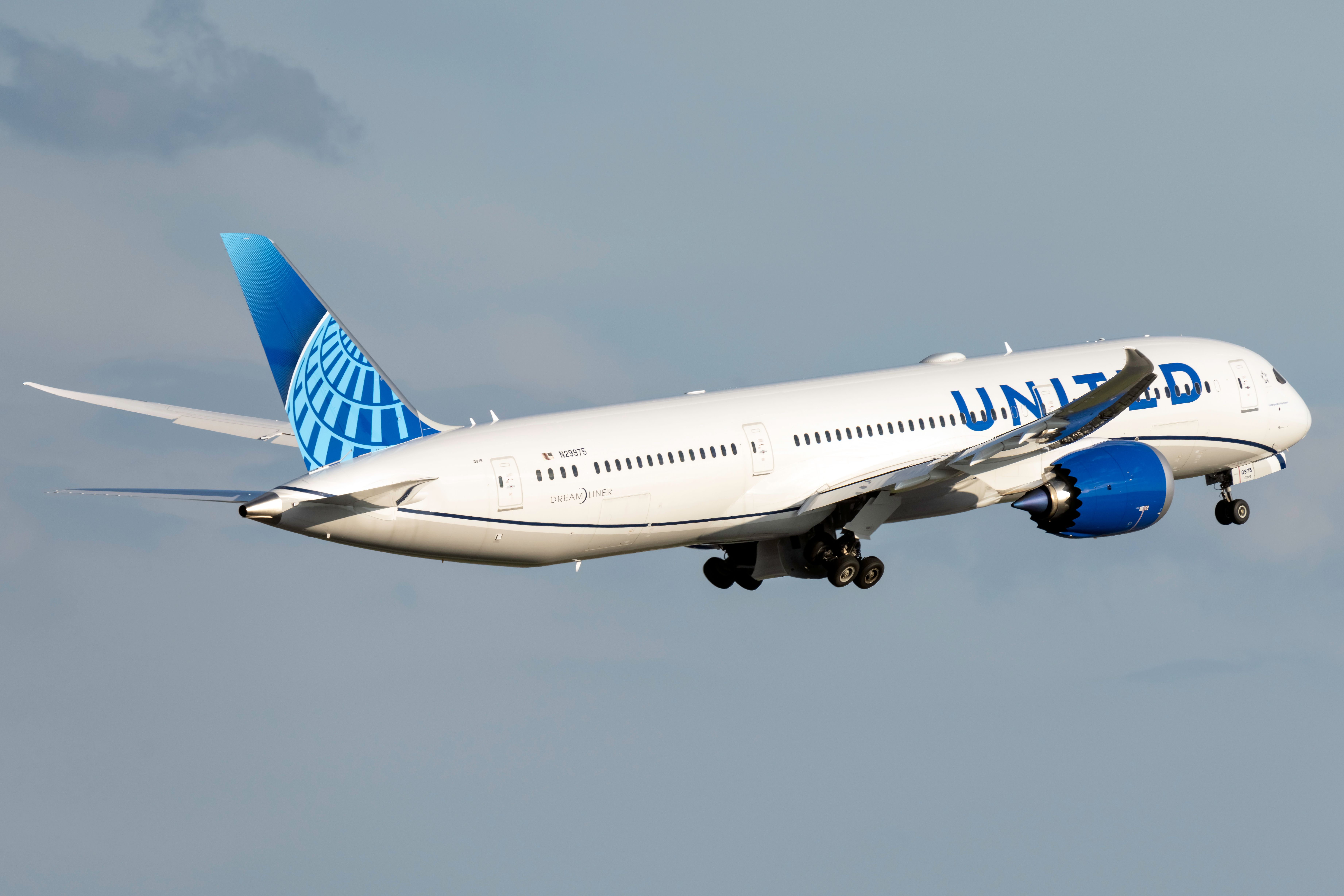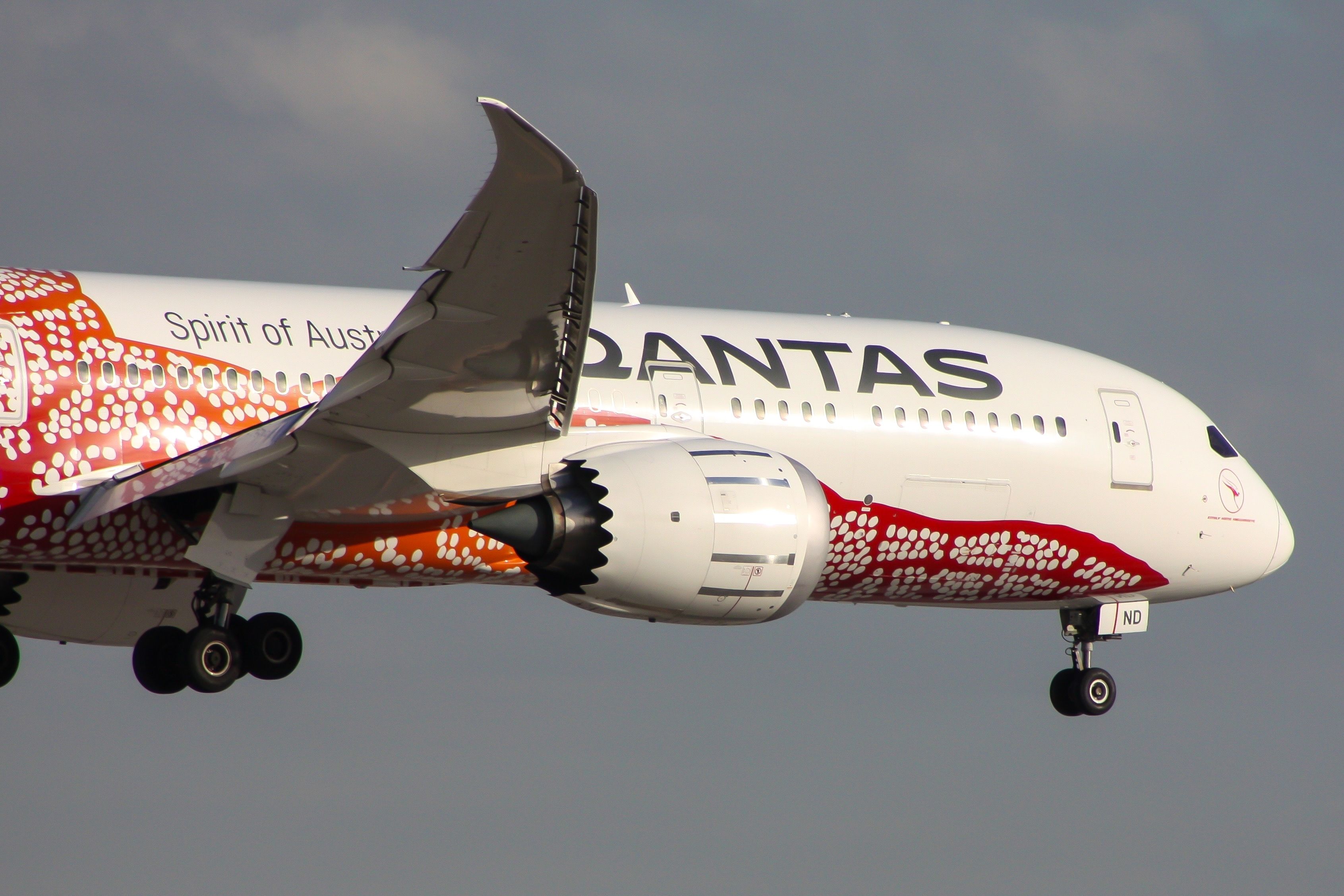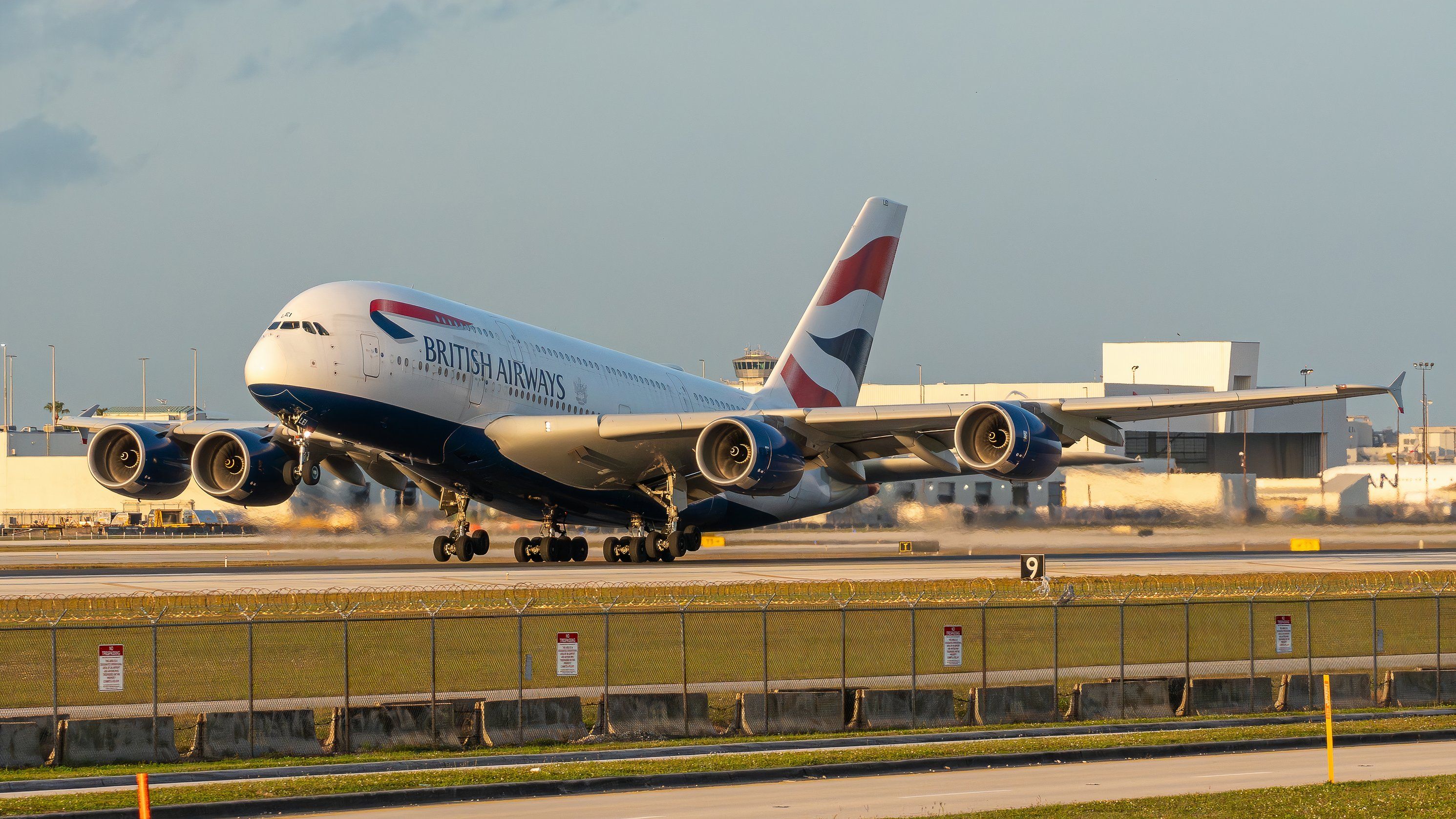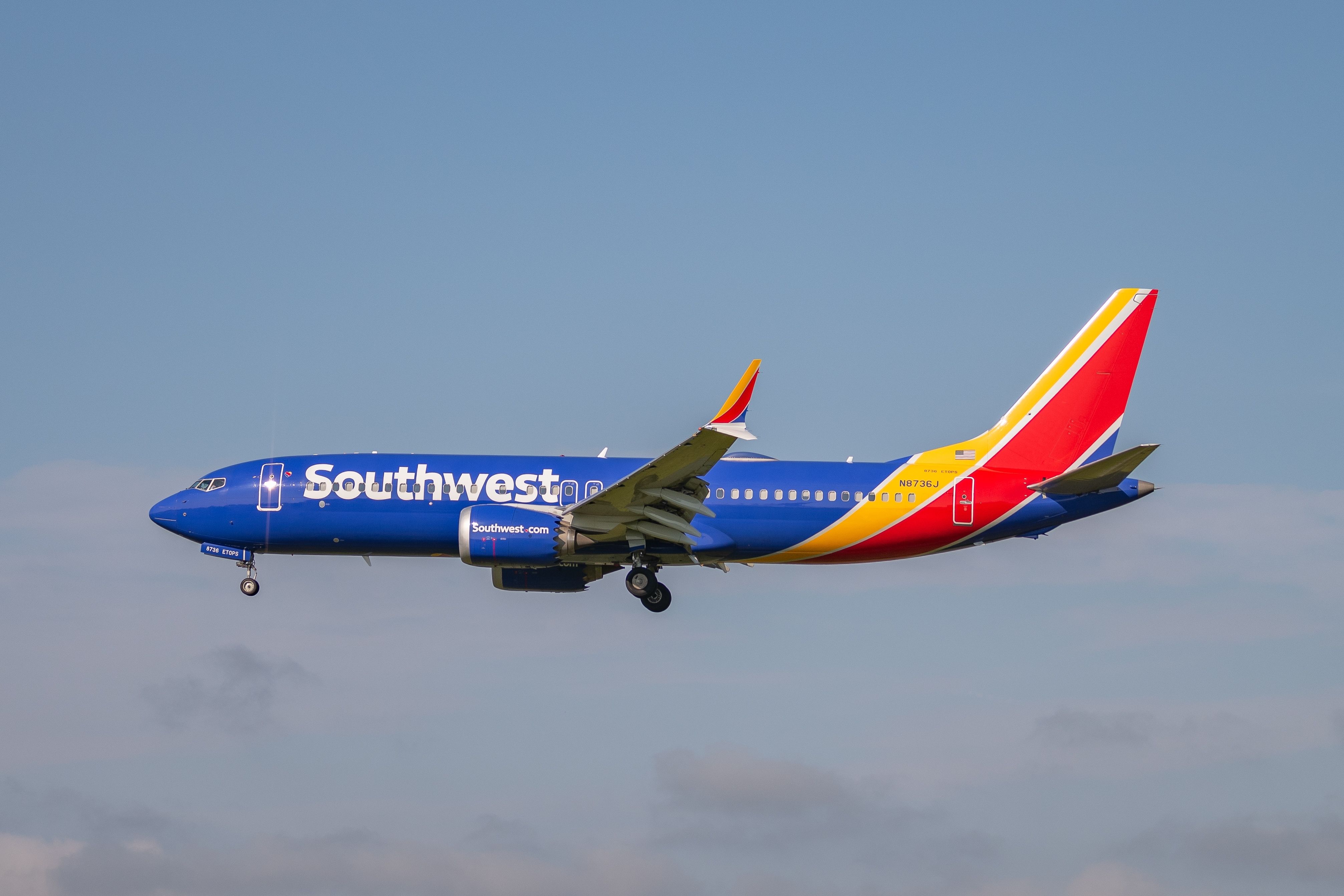A
number of factors can cause aircraft to divert
, including mechanical failure, bad weather, and war, but one of the leading causes is disruptive passenger behavior. Often, that behavior is driven by people getting drunk
on flights. But can passengers be expected to pick up the bill for a flight diversion
? The short answer is yes – at least a part of the bill.
Examples of hefty FAA-proposed fines
In August 2021, the FAA was reported as having proposed over $1 million in penalties against passengers for alleged unruly behavior for the first 9 months of that year. Note that the FAA does not have criminal prosecutorial authority. Between January 2021 and August 2021, the FAA
received approximately, 3,889 reports of unruly behavior by passengers (although around 2,867 of those cases were with passengers refusing to comply with the federal facemask mandate during that pandemic year).
Photo: Spyros Vasileiou | Shutterstock
The FAA listed four cases in which it proposed fines greater than $30,000 in the first nine months of 2021.
|
FAA proposed fines Jan-Aug 2021: |
|
|---|---|
|
$45,000 |
Against jetBlue passenger for throwing objects at other passengers, refusing to stay seated, lying on the aisle floor, grabbing a flight attendant by the ankles and putting his head up her skirt |
|
$42,000 |
Against jetBlue passenger for failing to comply with facemask mandate, making non-consensual physical contact with another passenger, threatening a passenger physical harm, making stabbing gestures at passengers, snorting what appeared to be cocaine, and more |
|
$32,500 |
Against Southwest passenger for assaulting passengers (also banned from flying with Southwest again) |
|
$30,000 |
Against Frontier passenger for interfering with flight attendant’s deplaning procedures, attempting to go to the flight deck by physically assaulting two flight attendants and threatening to kill one of them |
According to The Guardian, in 2022, the FAA proposed $81,950 for an American Airlines passenger for “threatening to hurt the flight attendant that offered help to the passenger after she fell into the aisle. The passenger then pushed the flight attendant aside and tried to open the cabin door.” He also head-butted and bit, and tried to kick crew and passengers after being restrained in flex cuffs.
The FAA also proposed $77,272 in fines for a Delta passenger on a July 2022 flight for “attempted to hug and kiss the passenger seated next to her; walked to the front of the aircraft to try to exit during flight; refused to return to her seat; and bit another passenger multiple times”.
Photo: Vincenzo Pace | Simple Flying
One
disruptive passenger was ordered to pay $98,000 for forcing a Hawaiian Airlines flight
to be diverted. Separately, another passenger was fined $20,638 in April 2024 after threatening to “mess up the plane,” causing it to be diverted.
Fine vs. airline reimbursement
All told, with the costs of accommodating passengers, extra fuel costs, meal vouchers, and other expenses, a flight diversion could cost an airline as much as $250,000 by some estimates. Airlineratings.com states “A single flight diversion can cost Emirates anything from US$50,000 to over US$600,000.”
Photo: Austin Deppe | Shutterstock
Just because a passenger is fined tens of thousands of dollars doesn’t mean all that money goes to the airline, and it doesn’t mean that the airline’s diversion costs are fully compensated.
For example, in
one recent case to make the news, a disruptive Australian man was just fined around $6,090 ($9,000 AUD)
and ordered to reimburse the airline $5,840 ($8,630 AUD) for wasted fuel. The maximum fine in Australia is around $9,300 ($13,750 AUD). So, while that fine may be paid to the government, the airline’s reimbursement was only enough to cover the fuel cost – not the cost of providing meals for passengers or any other associated costs.
The above FAA-proposed fines do not clarify whether they include compensation for the airline or whether the airline sues for compensation separately (although they are talking about “civil penalties” and do not indicate reimbursement for the airline). One British man was recently ordered to pay United Airlines over $20,000 in compensation.
What is disruptive passenger behavior?
Airlines have the right to refuse to carry passengers they consider a potential risk to the flight – people do not have the ‘right’ to be accepted on flights.
Photo: Rene Dominguez | Shutterstock
Examples of disruptive passenger behavior (per UK Civil Aviation Authority)
- Drug/alcohol intoxication
- Refusal to allow security checks
- Disobeying safety or security instructions
- Threatening, abusive, or insulting words
- Endangering the safety of aircraft or other person
- Acting in a disruptive manner
“Disruptive passengers may also be asked to reimburse the airline with the cost of the diversion. Diversion costs typically range from £10,000 – £80,000 depending on the size of the aircraft and where it diverts to.” – UK Civil Aviation Authority
Photo: Dorengo5 | Shutterstock
In the United States, passengers found to have disrupted flights through disorderly behavior can be fined up to $250,000 and face up to 20 years in prison (although it is rarely, if ever, used to the fullest extent). In the UK, acts of drunkness on aircraft carry a maximum fine of £5,000 ($6,600) and two years in prison.

